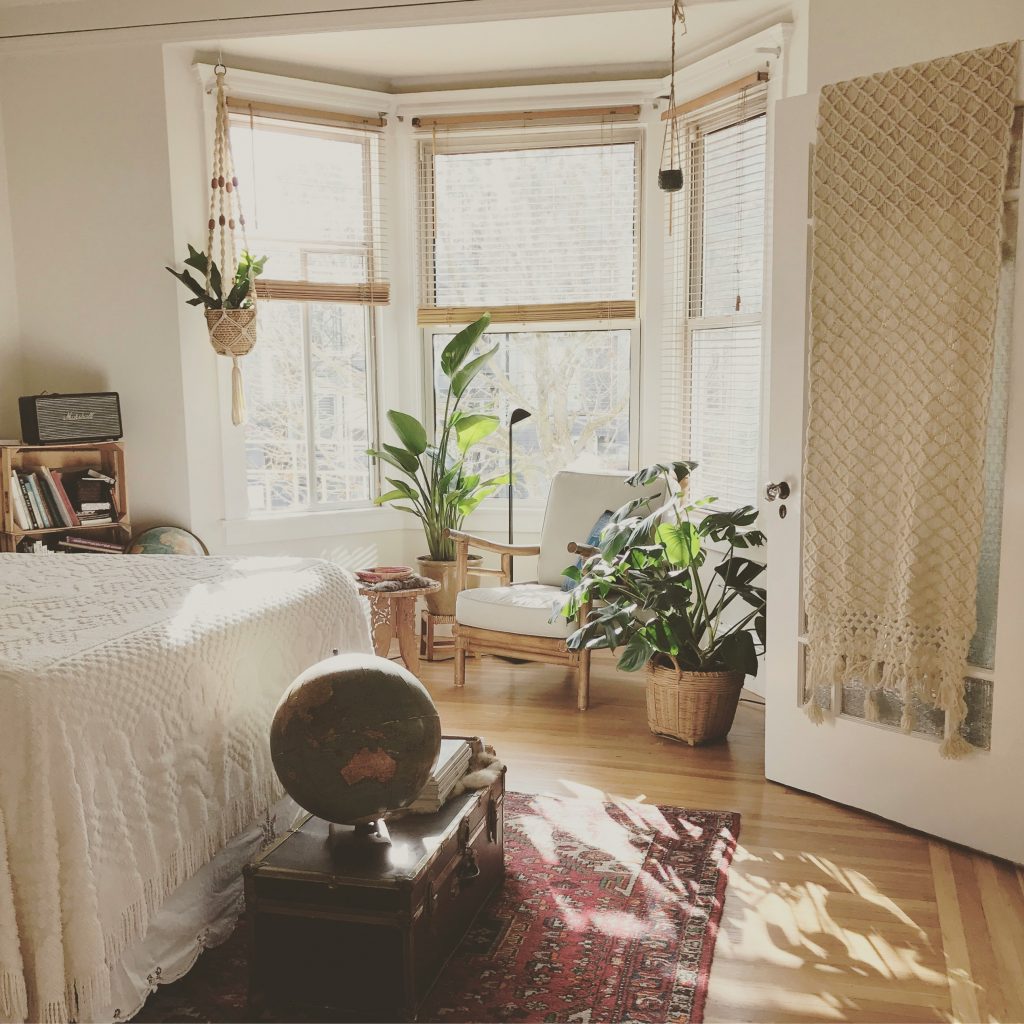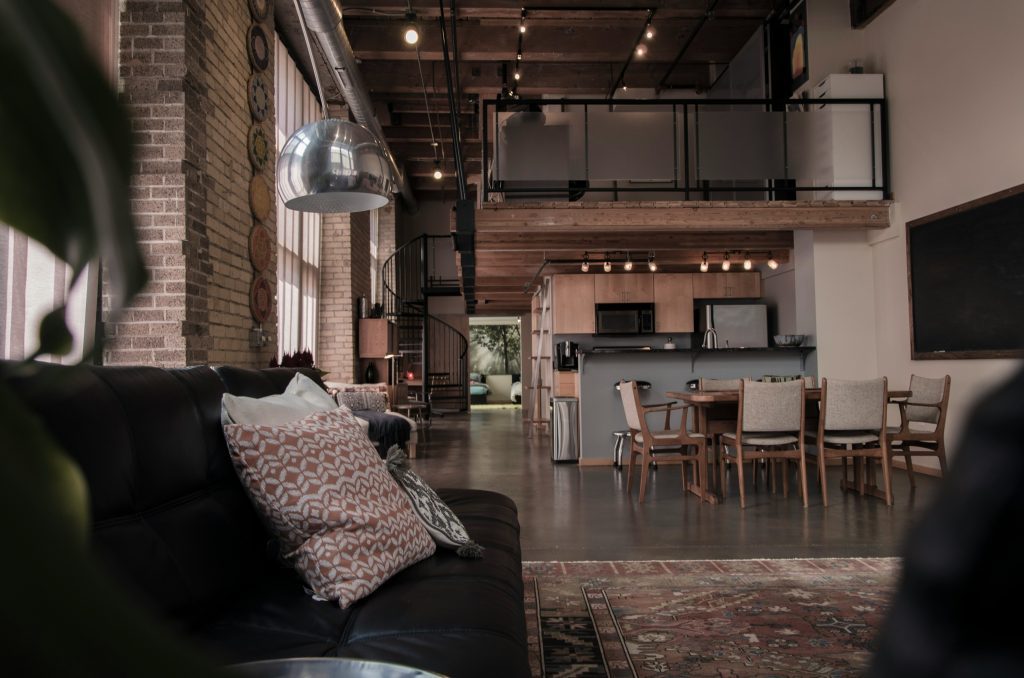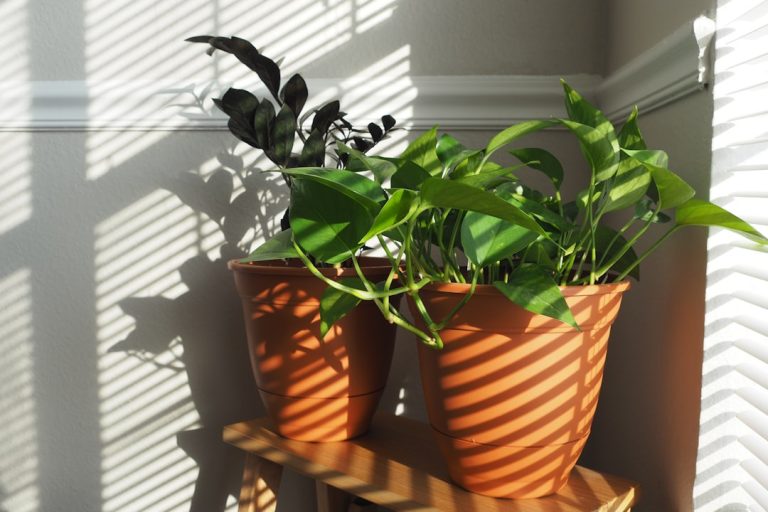When it comes to understanding your energy usage in your rented flat, it is essential to begin by assessing your gas and electricity consumption. This can be accomplished by reviewing your energy bills over the past few months to gain an understanding of your average usage. You may also consider utilising a smart energy monitor to track your usage in real-time and identify any areas of high consumption.
Furthermore, you can conduct a home energy audit to identify any areas where energy may be wasted, such as draughty windows or inefficient appliances. Another method to assess your energy usage is by regularly checking your energy meter readings. By keeping track of your meter readings, you can monitor your daily, weekly, and monthly usage and identify any spikes in consumption.
This can help you pinpoint any habits or appliances that may be contributing to higher energy usage. Understanding your energy usage is the first step towards making informed decisions about how to reduce your gas and electricity bills in your rented flat. Understanding your energy usage is crucial for managing your gas and electricity consumption in your rented flat.
By assessing your usage through methods such as reviewing energy bills, utilising smart energy monitors, conducting home energy audits, and monitoring meter readings, you can gain valuable insights into where and how you are using energy. This knowledge will empower you to make informed decisions about how to lower your energy bills and reduce your environmental impact.
Summary
- Understanding your energy usage is the first step to managing your gas and electricity consumption in your rented flat.
- Simple changes like using energy-saving light bulbs and turning off appliances can help lower your gas and electricity bills.
- Implementing sustainable practices such as using energy-efficient appliances and reducing water usage can significantly reduce energy costs.
- When negotiating with landlords, discuss energy efficiency upgrades like insulation and smart thermostats to lower energy consumption.
- Explore government grants and schemes that can help lower gas and electricity bills for renters in the UK.
Energy-Saving Tips: Simple Changes to Lower Gas and Electricity Bills in Your Rented Flat
Once you have assessed your gas and electricity consumption, there are several simple changes you can make to lower your energy bills in your rented flat. One of the most effective ways to save energy is by being mindful of your habits and making small adjustments to reduce consumption. For example, turning off lights and appliances when not in use, using energy-efficient light bulbs, and unplugging electronics can all contribute to lower energy usage.
Another way to save energy in your rented flat is by being mindful of heating and cooling. By adjusting your thermostat by just a few degrees, you can significantly reduce your gas and electricity consumption. Additionally, ensuring that windows and doors are properly sealed can prevent heat loss in the winter and keep cool air in during the summer.
These simple changes can make a big difference in lowering your energy bills. In addition to changing habits and being mindful of heating and cooling, there are other simple changes you can make to lower your gas and electricity bills in your rented flat. For example, using energy-efficient appliances and devices, such as ENERGY STAR-rated products, can help reduce energy consumption.
Additionally, using power strips to easily turn off multiple electronics at once and washing clothes in cold water can also contribute to lower energy usage. By making these simple changes, you can save money on your energy bills while also reducing your environmental impact.
Eco-Friendly Home: Implementing Sustainable Practices to Reduce Energy Costs

Creating an eco-friendly home in your rented flat involves implementing sustainable practices to reduce energy costs. One way to do this is by reducing water usage, as heating water accounts for a significant portion of energy consumption in the home. Simple changes such as taking shorter showers, fixing leaky faucets, and using water-efficient appliances can all contribute to lower energy costs.
Another sustainable practice to reduce energy costs is by improving insulation in your rented flat. Proper insulation can help regulate indoor temperatures, reducing the need for heating and cooling and ultimately lowering gas and electricity bills. This can be achieved by adding weather stripping to doors and windows, insulating hot water pipes, and adding insulation to attics and crawl spaces.
Furthermore, implementing sustainable practices such as using natural light during the day, investing in energy-efficient curtains or blinds, and using programmable thermostats can all contribute to creating an eco-friendly home and reducing energy costs. By making these sustainable changes, you can create a more environmentally friendly living space while also saving money on your gas and electricity bills.
Negotiating with Landlords: How to Discuss Energy Efficiency Upgrades for Your Rented Flat
| Energy Efficiency Upgrades | Benefits | Cost |
|---|---|---|
| LED Lighting | Lower energy bills, longer lifespan | Low |
| Smart Thermostat | Improved control, energy savings | Medium |
| Insulation | Reduced heat loss, lower bills | High |
When it comes to discussing energy efficiency upgrades with landlords for your rented flat, it’s important to approach the conversation with a well-researched and informed mindset. Start by gathering information about potential upgrades that could improve the energy efficiency of the property, such as installing energy-efficient appliances, improving insulation, or upgrading heating and cooling systems. Presenting this information to your landlord can help them understand the potential benefits of making these upgrades.
It’s also important to highlight the potential cost savings associated with energy efficiency upgrades. By demonstrating how these upgrades can lead to lower gas and electricity bills for both the landlord and tenants, you can make a compelling case for investing in these improvements. Additionally, discussing any available government grants or schemes that could help offset the cost of these upgrades may further incentivise landlords to consider making these changes.
Furthermore, offering to share the cost of the upgrades or proposing a rent increase that reflects the potential savings from lower energy bills can make the idea of energy efficiency upgrades more appealing to landlords. By approaching the conversation with a collaborative and solution-oriented mindset, you can work towards finding mutually beneficial solutions that improve the energy efficiency of your rented flat.
Government Assistance: Exploring Grants and Schemes to Help Lower Gas and Electricity Bills
Exploring government grants and schemes is a valuable way to lower gas and electricity bills for rented flats. Many governments offer financial assistance or incentives for implementing energy efficiency upgrades in residential properties. These grants and schemes may cover a portion of the cost of upgrades such as installing insulation, upgrading heating systems, or implementing renewable energy solutions.
In addition to financial assistance, some government schemes offer free or discounted home energy assessments to help identify areas where energy efficiency improvements can be made. These assessments can provide valuable insights into potential upgrades that could lower gas and electricity bills in rented flats. By taking advantage of these assessments, tenants and landlords can make informed decisions about how to improve the energy efficiency of their properties.
Furthermore, exploring government assistance may also lead to discovering tax credits or rebates for implementing energy efficiency upgrades. These financial incentives can help offset the initial cost of upgrades and provide long-term savings on gas and electricity bills. By exploring grants and schemes offered by the government, tenants and landlords can access valuable resources to help lower energy costs in rented flats.
Smart Technology: Using Energy-Efficient Appliances and Devices to Cut Costs in Your Rented Flat

Using smart technology such as energy-efficient appliances and devices is an effective way to cut costs in your rented flat. Energy-efficient appliances are designed to use less energy while performing their intended functions, which can lead to significant savings on gas and electricity bills. When shopping for appliances such as refrigerators, washing machines, dishwashers, and televisions, look for ENERGY STAR-rated products that meet high standards for energy efficiency.
In addition to appliances, using smart devices such as programmable thermostats, smart plugs, and smart lighting systems can help manage energy usage more effectively. Programmable thermostats allow you to set heating and cooling schedules based on your daily routine, ensuring that energy is not wasted when it’s not needed. Smart plugs enable you to control when electronics are powered on or off remotely, preventing unnecessary energy consumption.
Smart lighting systems offer features such as dimming capabilities and motion sensors to optimise lighting usage. Furthermore, investing in smart technology that provides real-time insights into energy usage, such as smart meters or home energy monitors, can help tenants and landlords track their consumption and identify opportunities for further savings. By incorporating smart technology into your rented flat, you can cut costs on gas and electricity bills while also reducing your environmental impact.
Community Initiatives: Joining Forces with Neighbours to Advocate for Lower Energy Costs in Rented Flats
Joining forces with neighbours through community initiatives is a powerful way to advocate for lower energy costs in rented flats. By collaborating with other tenants in your building or neighbourhood, you can work together to address common energy efficiency challenges and advocate for collective solutions that benefit everyone. One way to start is by organising community meetings or events to discuss energy-saving tips, share resources, and brainstorm ideas for improving energy efficiency.
Additionally, forming a tenant association or committee focused on sustainability can provide a platform for tenants to voice their concerns about high energy costs and work towards implementing changes at a larger scale. By uniting as a collective voice, tenants can engage with landlords or property management companies to advocate for building-wide upgrades that improve energy efficiency. Furthermore, community initiatives can involve organising group purchases of energy-efficient products or services at discounted rates, leveraging collective buying power to make sustainable choices more accessible for everyone.
By joining forces with neighbours through community initiatives, tenants can create a supportive network for advocating for lower energy costs in rented flats while fostering a sense of community and shared responsibility for environmental stewardship. In conclusion, understanding your energy usage is crucial for managing gas and electricity consumption in your rented flat. By assessing your usage through methods such as reviewing energy bills, using smart monitors, conducting home audits, and monitoring meter readings, you can gain valuable insights into where you are using energy.
Once you have assessed your consumption, making simple changes such as being mindful of habits, improving insulation, using sustainable practices, investing in smart technology, exploring government assistance, negotiating with landlords, and joining community initiatives can all contribute to lowering gas and electricity bills while creating a more eco-friendly living space. By taking proactive steps towards reducing energy costs in rented flats, tenants can make a positive impact on their finances while contributing to a more sustainable future for all.
If you’re looking for more tips on how to save money and live sustainably in your rented flat, be sure to check out Eco Friendly Home and Garden’s top picks for eco-friendly living. From energy-saving appliances to sustainable home decor, their articles offer practical advice for reducing your carbon footprint and lowering your utility bills. https://ecofriendlyhomeandgarden.com/category/top-picks/
FAQs
What are some ways to lower gas and electricity bills in a rented flat?
Some ways to lower gas and electricity bills in a rented flat include using energy-efficient appliances, turning off lights and electronics when not in use, using draft excluders to prevent heat loss, and setting the thermostat to a lower temperature.
Is it possible to switch energy suppliers in a rented flat?
Yes, it is possible to switch energy suppliers in a rented flat. However, it is important to check the tenancy agreement and seek permission from the landlord or letting agency before making any changes.
Are there any government schemes or grants available to help lower energy bills in a rented flat?
Yes, there are government schemes and grants available to help lower energy bills in a rented flat. These may include the Warm Home Discount, Winter Fuel Payment, and the Energy Company Obligation (ECO) scheme.
What should tenants do if they suspect there is an issue with the gas or electricity supply in their rented flat?
If tenants suspect there is an issue with the gas or electricity supply in their rented flat, they should contact their landlord or letting agency immediately. It is important to prioritize safety and have any potential issues addressed by a qualified professional.
Can tenants request an energy efficiency assessment for their rented flat?
Yes, tenants can request an energy efficiency assessment for their rented flat. This can help identify areas for improvement and potential energy-saving measures that can be implemented to lower gas and electricity bills.


